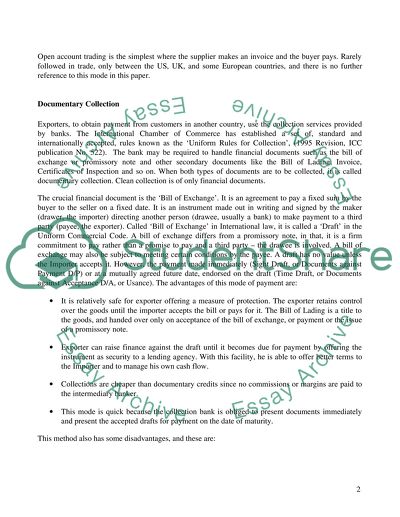Cite this document
(“International payments and settlements currency transactions Essay”, n.d.)
Retrieved from https://studentshare.org/miscellaneous/1501997-international-payments-and-settlements-currency-transactions
Retrieved from https://studentshare.org/miscellaneous/1501997-international-payments-and-settlements-currency-transactions
(International Payments and Settlements Currency Transactions Essay)
https://studentshare.org/miscellaneous/1501997-international-payments-and-settlements-currency-transactions.
https://studentshare.org/miscellaneous/1501997-international-payments-and-settlements-currency-transactions.
“International Payments and Settlements Currency Transactions Essay”, n.d. https://studentshare.org/miscellaneous/1501997-international-payments-and-settlements-currency-transactions.


